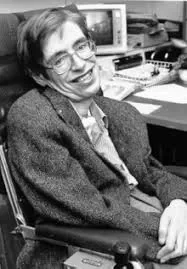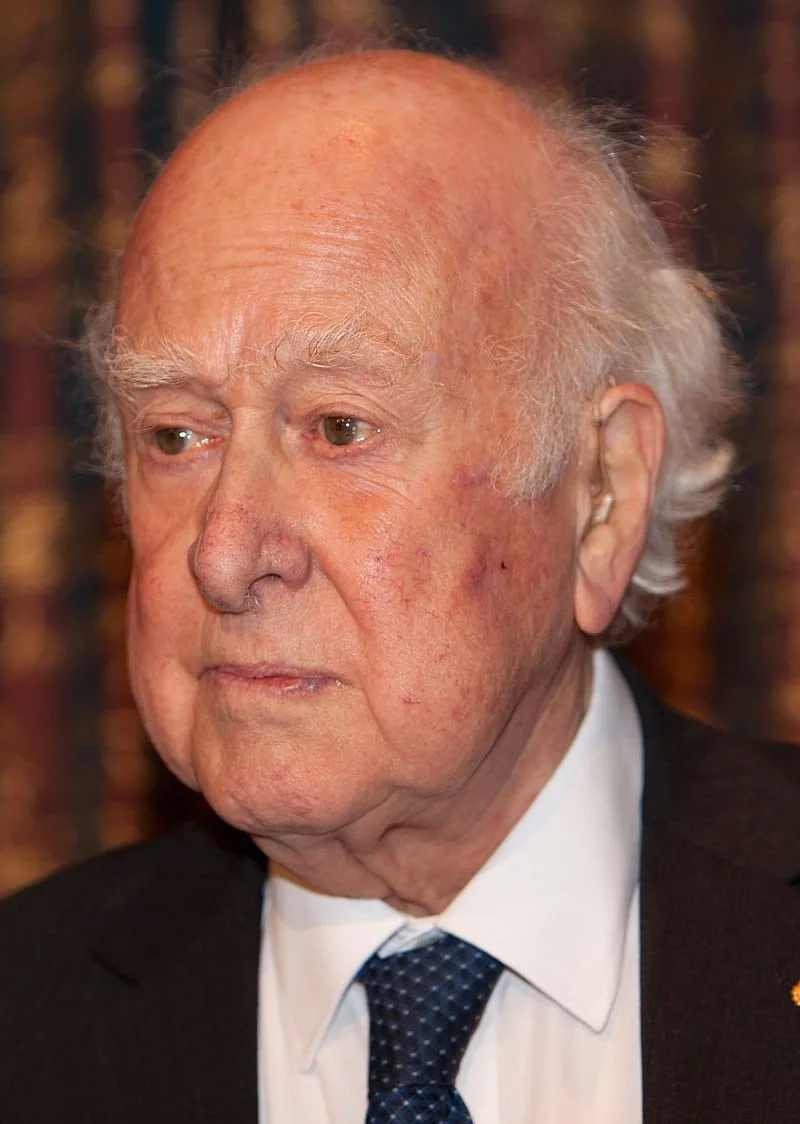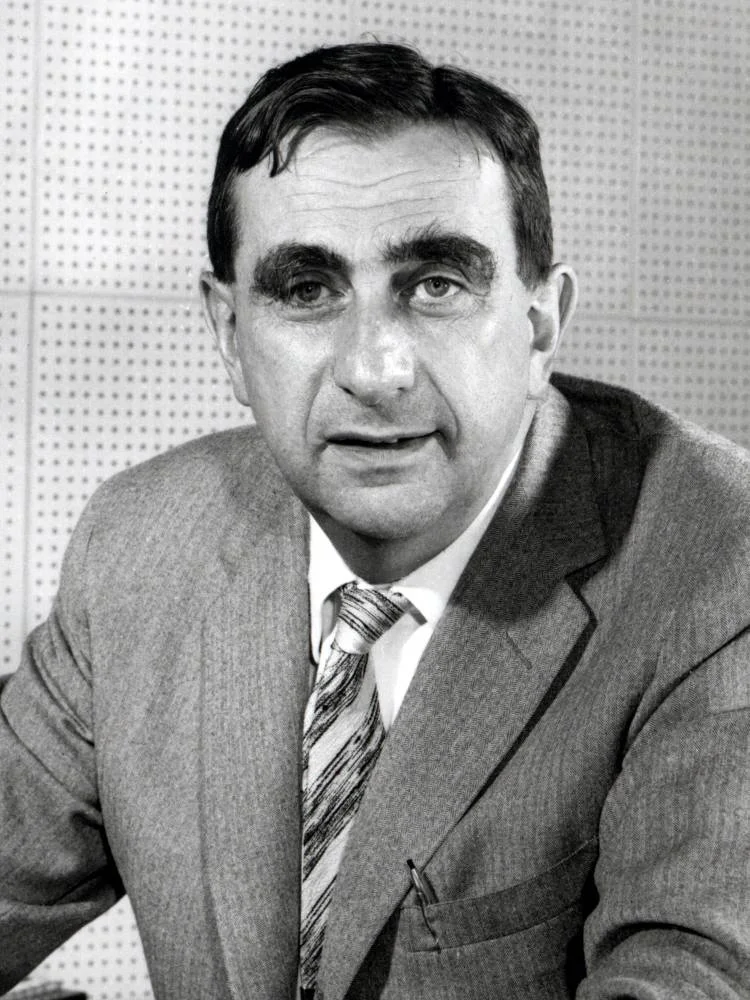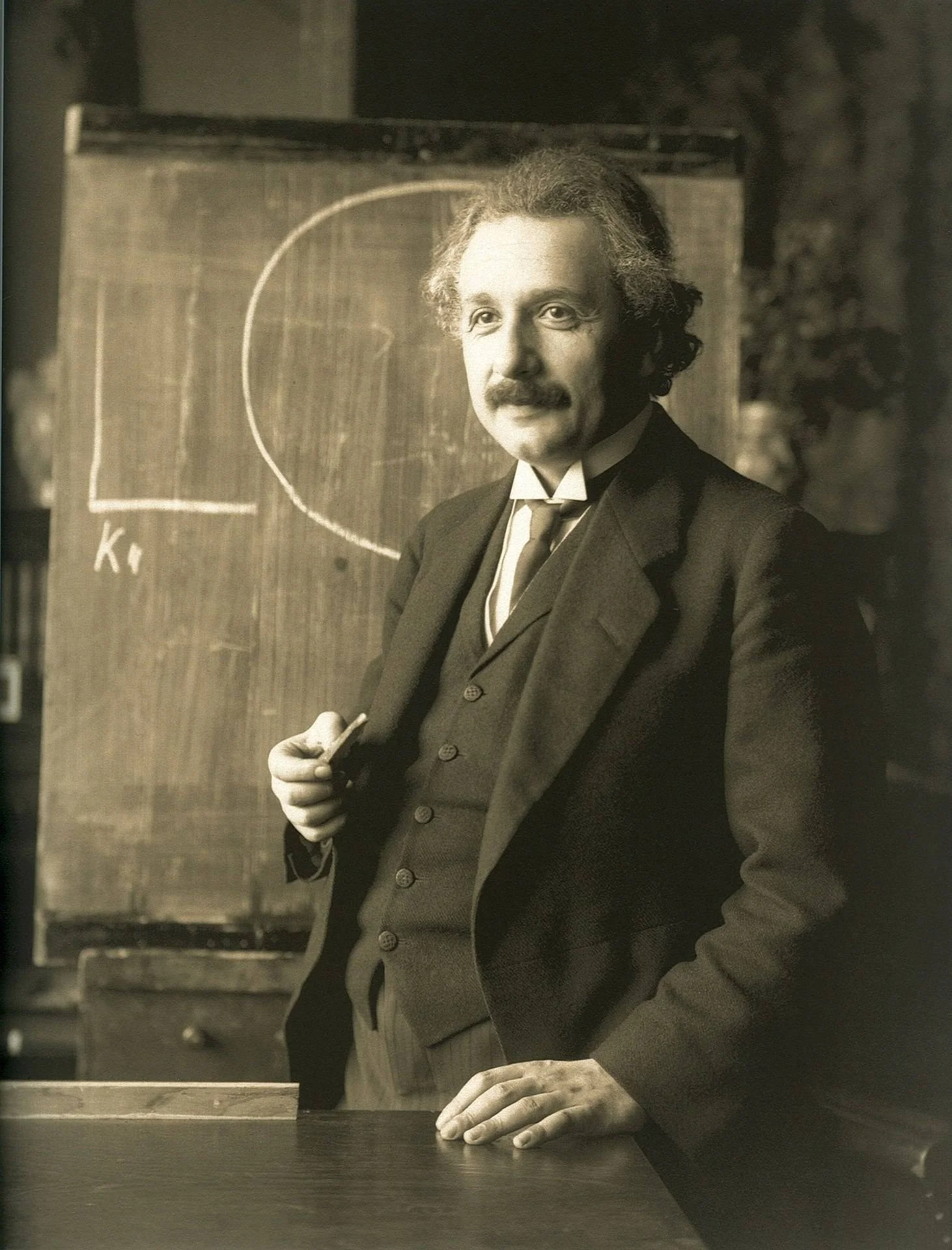Real Celebrities Never Die!
OR
Search For Past Celebrities Whose Birthday You Share
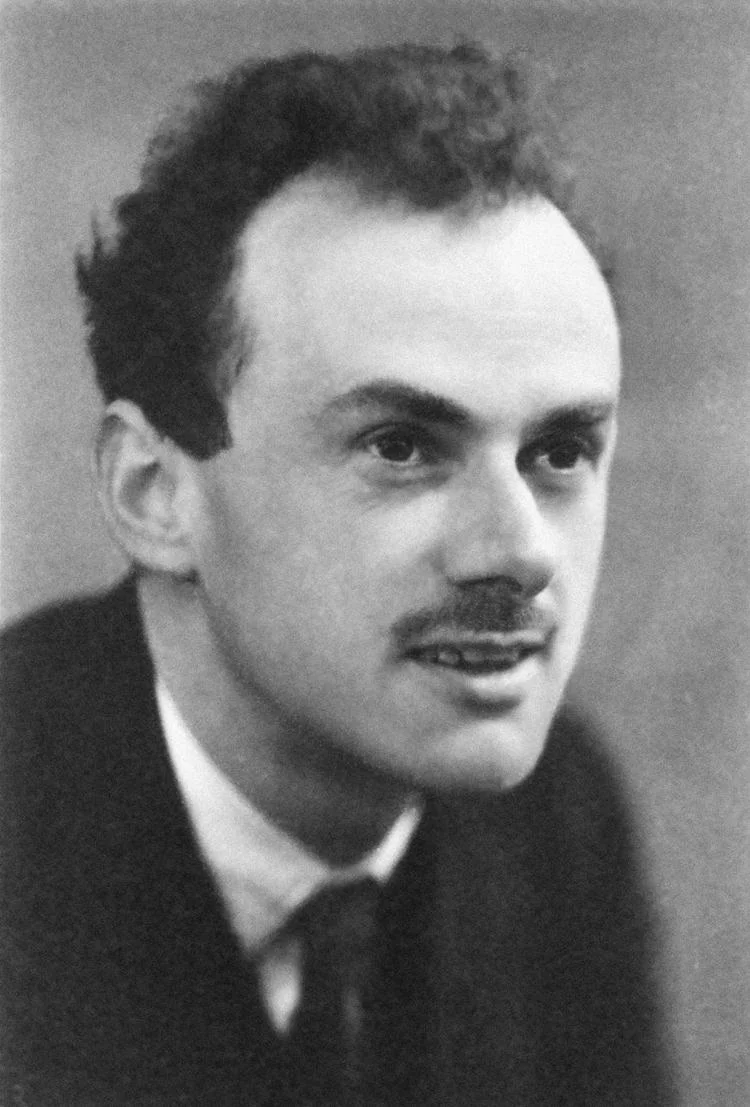
source:wikimedia.org
Paul Dirac
Birthday:
08 Aug, 1902
Date of Death:
20 Oct, 1984
Cause of death:
Heart failure
Nationality:
British
Famous As:
Theoretical physicist
Age at the time of death:
82
Paul Dirac's Quote's
Early Life and Education
Paul Dirac was a prominent English theoretical physicist born on August 8, 1902, in Bristol, Gloucestershire, England. He was considered to be one of the founders of quantum mechanics and quantum electrodynamics. He was born to, Charles Adrien Ladislas Dirac a Swiss-French immigrant who worked as a French teacher, and Lorence Hannah Dirac who came from a Cornish family and worked as a librarian.
He was an introverted child but showed curiosity in mathematics and science from a young age. He attended primary school in Bristol, where his gift for mathematics was recognized. At the age of 11, Dirac started attending the Merchant Venturers’ Secondary School in Bristol in 1913. Apart from mathematics, he was also interested in learning languages like Latin and Greek.
University Education and Passion for Physics
After completing his secondary education, Paul Dirac entered the University of Bristol to study electrical engineering but soon realized he was only passionate about theoretical physics and pure mathematics. He developed a strong passion for quantum mechanics and decided to pursue higher education in this field. In 1923, Dirac entered St. John’s College, Cambridge, to work on his doctorate in theoretical physics. His research laid the foundations for quantum mechanics and earned his Ph.D. in 1926.
Contributions to Quantum Mechanics and the Dirac Equation
Paul Dirac played a major role in the discovery of quantum theory. In late September 1925, Dirac developed a new formulation of quantum mechanics based on non-commuting variables, which earned him his Ph.D. In 1931, Dirac proposed that there is a possibility that a single magnetic monopole in the universe would suffice to explain the quantization of electrical charge.
In 1928, he formulated the Dirac equation, which described how electrons move in a relativistic way. He used the special 2×2 matrices, which are mathematical tools, and predicted the existence of a new particle called the positron, which is like an “anti-electron.”
The Dirac equation’s mathematical framework led to the prediction of the existence of antimatter, which was discovered in 1932. This discovery provided validity to Dirac’s theory and earned him the Nobel Prize in Physics in 1933. Dirac introduced the theory of second quantization, which was a unique approach to dealing with quantized fields. This concept became an unavoidable tool in quantum field theory and was able to formalize quantum electrodynamics.
Awards and Recognition
Aside from his research and discoveries, Dirac also received numerous awards for his contributions. In 1930, he was elected as a Fellow of the Royal Society for his contributions to theoretical physics. He was also awarded the Max Planck Medal by the German Physical Society. In 1952, Dirac received the Copley Medal from the Royal Society for his achievements in the field of physics. He was honored with the Lorentz Medal by the Royal Netherlands Academy of Arts and Sciences in 1955. Dirac was appointed to the Order of Merit, an exclusive British order of chivalry, for his contributions to physics in 1973.
Death and Legacy
In 1984, Dirac died due to heart failure in Tallahassee, Florida, USA, on October 20, 1984, at the age of 82. He is buried at Tallahassee’s Roselawn Cemetery. Dirac’s pioneering work and discoveries in quantum mechanics, quantum electrodynamics, and other areas of theoretical physics continue to be appreciated and celebrated by scientists and physicists worldwide.
Name:
Paul Dirac
Popular Name:
Paul Dirac
Gender:
Male
Cause of Death:
Heart failure
Spouse:
Place of Birth:
Bristol, England
Place of Death:
Tallahassee, Florida, U.S
Occupation / Profession:
Personality Type
Debater: Smart and curious thinkers who cannot resist an intellectual challenge. He was highly introspective and focused on deep theoretical work, demonstrating a preference for abstract concepts and intellectual exploration.
Dirac shared the 1933 Nobel Prize in Physics with Schrödinger for his advancements in atomic theory
Dirac was famously introverted and extremely concise in speech; his colleagues even coined the term "a dirac" to mean one word per hour
He formulated the Dirac equation in 1928, unifying special relativity with quantum mechanics and predicting antimatter
Paul Dirac was an English theoretical physicist and one of the founding fathers of quantum mechanics and quantum electrodynamics
Copley Medal (1952)
Fellow of the Royal Society
Max Planck Medal (1952)
Nobel Prize in Physics (1933)
Royal Medal (1939)

